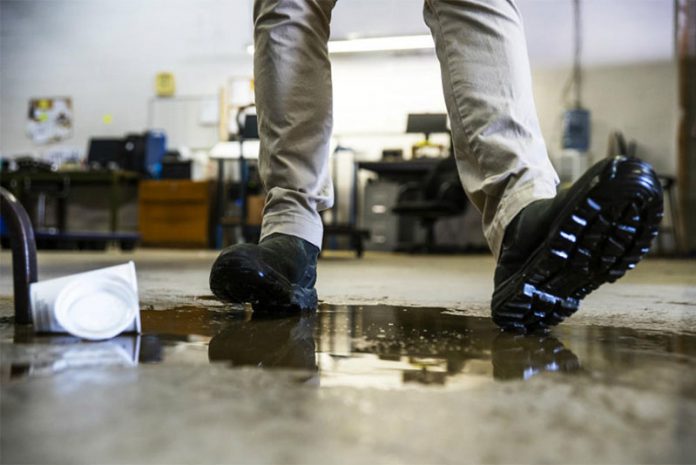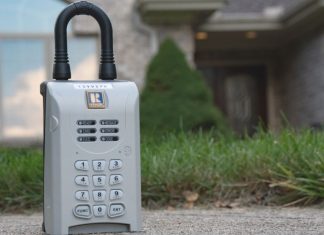While it might seem like a place of safety and sanctuary, there are myriad ways in which your home can be a dangerous place. The Royal Society for the Prevention of Accidents suggests that it’s actually the most common location for an accident, pointing to the fact that 2.7 million Brits are hospitalised every year having suffered an accident at home. And that doesn’t cover the countless smaller mishaps that are deemed too minor to warrant medical attention. Of course, this isn’t surprising: we spend most of our lives at home!
In some cases, even accidents in the home can be compensated for by a competent no-win, no-fee solicitor. But the most effective remedy here is prevention. It’s therefore especially important to take steps to minimise the likelihood of a mishap occurring.
Slips, Trips and Falls
Tripping over an object is among the more avoidable kinds of accidents in the home. But it’s also among the more common. Simple decluttering and keeping spaces tidy will vastly reduce the likelihood of this kind of accident. Of particular concern should be the areas around the tops of staircases.
Burns
The risk of suffering a burn is especially pressing in the kitchen, when we’re cooking with hot pans and oil fryers. Of course, the best precaution here is conscientiousness. Be vigilant against the danger, and don’t allow your attention to drift – especially when you’re flambéing or deep-frying.
Outside of the kitchen there are dozens of common household objects that can cause burns, or even fires, if left unattended. Matches are among the most obvious, along with cigarette lighters and hair straighteners. Bathroom taps and showers can also get up to scalding temperatures, which may pose a particular threat to the elderly, and to small children.
Choking Hazards.
Small children, including babies and toddlers, are notorious for their habit of chewing on small objects, some of which can be choking hazard. Limit the danger by being mindful of small objects like pen tops, keys and screws, which might be picked up and swallowed by curious infants.
Cuts
It might seem obvious, but knives should be handled with care. Always look at what you’re cutting, especially if you’re using a cleaver or a julienne slicer.
Another common source of cuts is broken glass. If you should smash a glass, then immediately deal with the aftermath. Make sure everyone’s aware of the problem, pick up any visible pieces and then vacuum the area so that any smaller bits, which might have escaped your attention, are dealt with.
Poisoning
Under the kitchen sink of most households, you’ll find a range of substances which, if ingested, can cause serious harm. Stow these substances somewhere where they can’t be easily reached, especially by children.
Falling Objects
Even a small item can cause damage if it falls on your head. Avoid storing objects above head height. Keep heavy pots and pans at floor level, and don’t overfill shelves.












